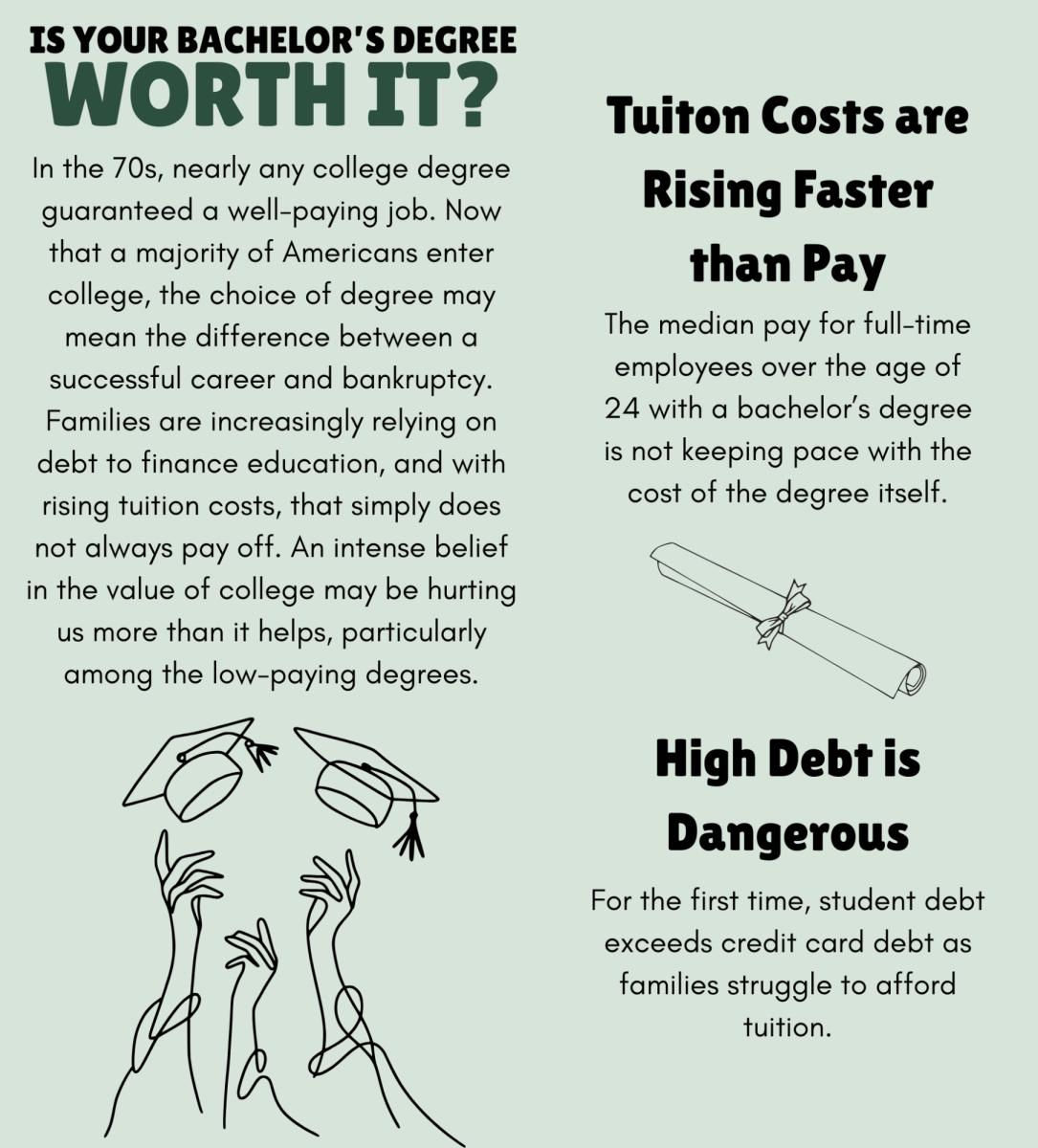Have you ever heard of the Outrage Machine?
Even if you haven’t, you’ve probably seen it.
Here’s how it works: first, a controversy starts. Tons of people write articles about said controversy. Then, people get angry about this controversy, share these articles and make angry posts on social media. By this point, a hashtag has developed. And the same goes for the other side of the controversy, maybe even complete with a counter hashtag.
Then, in a month’s time, it is forgotten as everyone moves on to the next controversy. And, most of the time, nothing has changed, and if it has it’s probably small and meaningless and temporary.
As all this happens, people are filled with righteous anger and make regrettable statements.
And to be fully honest, this isn’t entirely a bad thing.
This never-ending stream of controversies and articles, ill-informed Facebook posts, regrettable tweets, and just generally stupid comments are actually all fine.
To be sure, it’s very annoying, but people have a right to be angry and to express that anger.
Additionally, anger and outrage over social ills have been a major factor in countless social movements.
Outrage has frequently been the center of positive social change and you fully have a right to be angry about anything and everything and to let us all know.
So, yes, anger can be harnessed for good.
And, if I’m being honest, what is this column other than being angry at the outrage machine, and thus contributing to it?
That’s the funny thing about the machine, its kind of self-sustaining. Somebody gets upset over something, articles are written and clicked on, and the whole thing begins again.
However, when it comes to the Outrage Machine, we see anger being harnessed for profit more than anything else. Remember all those articles you’re sharing? That’s what drives the whole machine.
Countless click-bait articles are put up by websites for the sole purpose of getting as many views as possible. These views then translate into ad revenue. As a result of this, these websites get to keep running.
And they are, of course, running with the incentive to publish more of the same type of outrage articles. They are always looking for the latest controversy. The cycle will continue as long as information is sellable.
So, probably forever.
Occasionally there gets to be another winner: the company whose product is part of the controversy. People buy it because of all the times it’s being mentioned or as part of the counter boycott.
In the end, lots of anger is expended for nothing. It gives meager profits to a few websites and relevant companies, but nothing really changes. People get a chance to ride their high horses, but once they get down, everything’s the same.
The Outrage Machine is mostly harmless, to be sure.
But the trick lies in that “mostly” bit, because I do think there’s a certain danger in the outrage machine.
Mostly it’s in the giving of attention and focus to certain people and things that don’t actually matter too much, and in the process siphoning away attention and even resources from bigger, more important fights in the actual halls of power.
So get angry and let everyone know about your anger, but be aware that you aren’t causing much change.
Religion can be spoken about freely, yet we tread softly when publically mentioning it.
But, the hardest idea to grasp is that having the right to spread religious awareness is certainly not the same as pushing beliefs on others.
While people reserve the right to practice religious freedom and to speak without restraint about any faith they choose, forcing others to listen isn’t freedom of speech; it’s harassment.
There are over 127 major religions and seven billion people on earth with seven billion different views of God. Some love Him, some fear Him, some question His existence and some are still searching for Him.
Some will decide that God plays no role in the trials and tribulations of life, while others will find faith the moment they see their newborn child take the first breath of being.
Whether we discover where we spiritually belong in a pew on Sunday morning or on a lonely drive with no destination, the journey to finding or forgetting God is what determines our views. We can’t be told what and who to believe in, or to even believe in anything at all.
What we learn, who we meet and the challenges we face are what we remember when we stand before Him, not the church members that knock on our front doors, or the people that stand in the quad condemning us all to hell.
And if the church goer at your front door changes your perspective, let them. Be baptized in one church, change your mind, and be baptized in another. Let what you learned in biology class make you question evolution and the powers above.
Learning from life experiences and questioning God’s ways isn’t sin; it’s human. It’s human to change emotionally, mentally, and spiritually when physical surroundings change. It’s human to simply be curious and indecisive.
Faith only exists because there are people that believe strongly enough in it to make it a reality and a way of life. Without doubters and differences, the strength of religion would never have anything to be measured against.
Because of that, religion without true belief is weak.
Never practice out of habit, don’t follow just because your parents or friends do, and don’t ever think one religion is superior to another. In a time that seems to have the explanation for everything in a test tube or on a database, people believing in any God at all is a miracle in itself.





